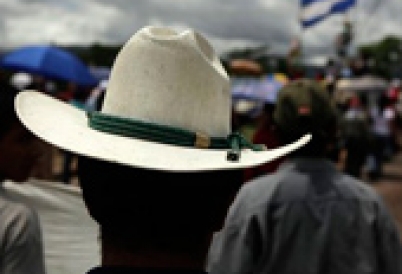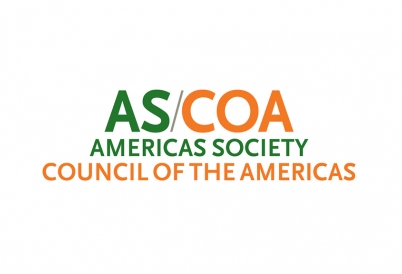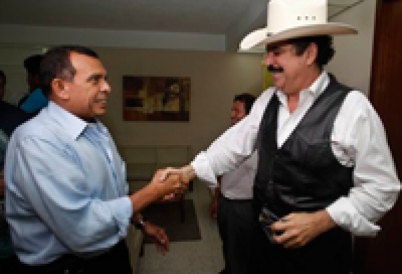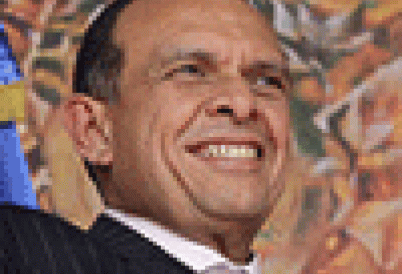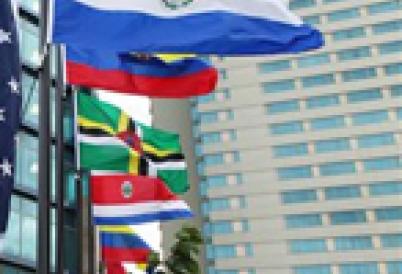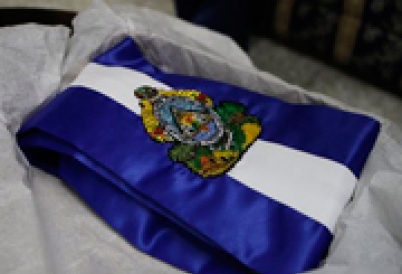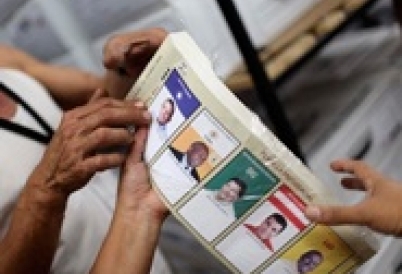One year after the coup in Honduras, the situation remains largely unsettled both domestically and internationally, writes AS/COA Senior Director of Policy Christopher Sabatini in Folha de São Paulo.
One year after the coup in Honduras, the situation remains largely unresolved both domestically and internationally, writes AS/COA Senior Director of Policy Christopher Sabatini in Folha de São Paulo. (em português)
With June 28 marking the anniversary of the overthrow of Honduran leader Manuel Zelaya, Honduras continues to pay an economic price for the political fallout.
In publicly recognizing that the events of June 2009 were a coup, the Honduran president may be seeking more normalized international relations at the risk of domestic alienation.
South American leaders convened in Buenos Aires May 4 to cover issues ranging from immigration to regional integration.
Seven months after the ouster of President Manuel Zelaya, Honduras could turn the page on a protracted political crisis with the January 27 inauguration of Porfirio “Pepe” Lobo.
"In supporting the [Honduran] elections, the United States led a forward-looking effort to establish a path out of the constitutional crisis so as not to create a Central American pariah state," argues COA's Eric Farnsworth in this op-ed he co-authored for The Miami Herald.







